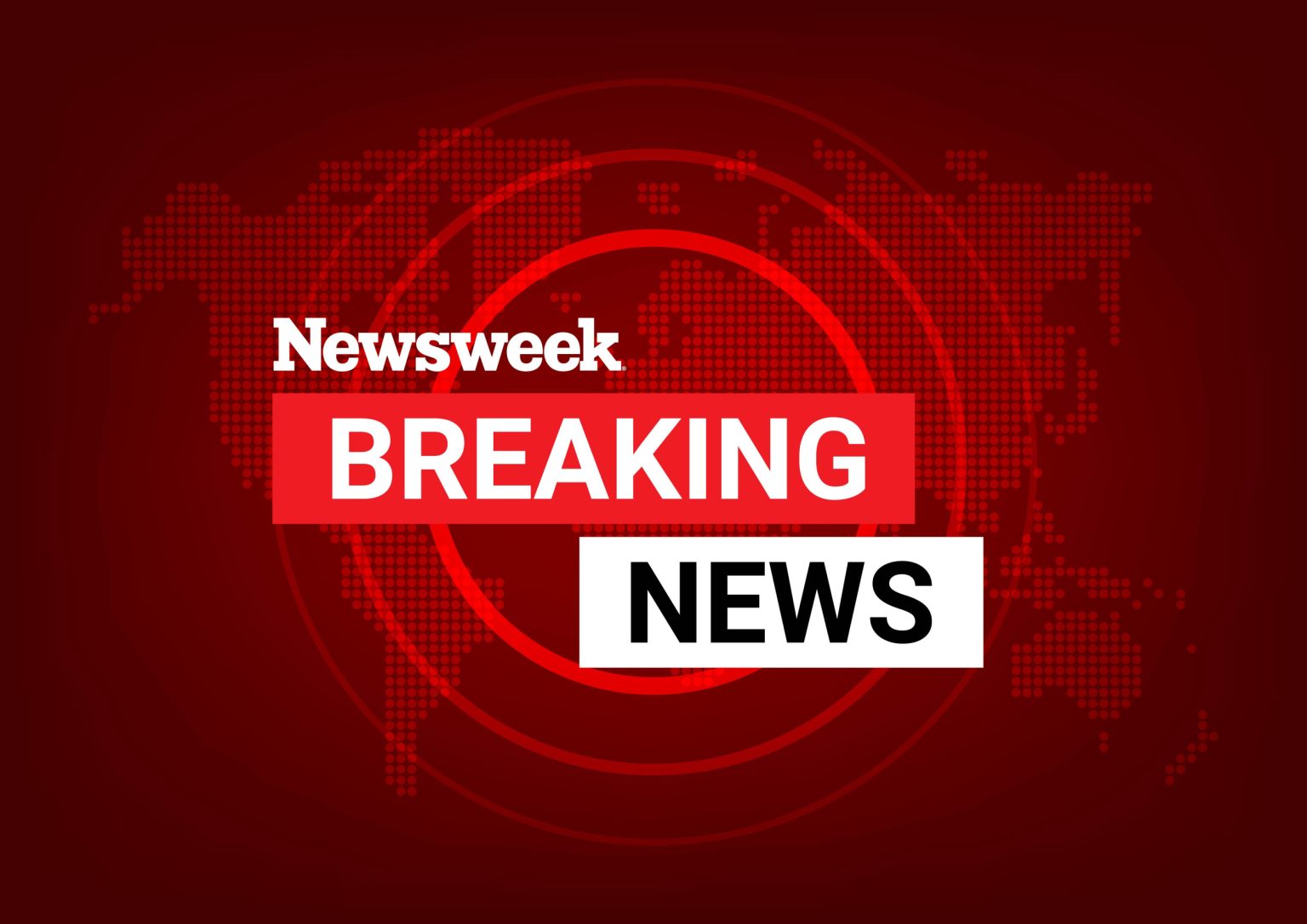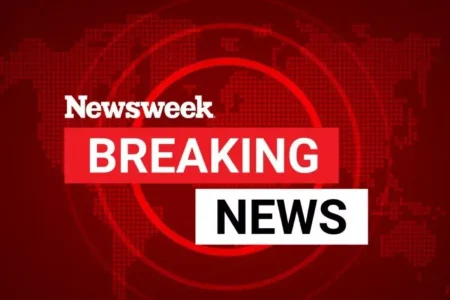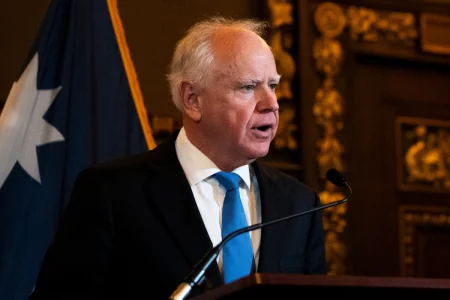The South Korean political landscape has been thrown into disarray following a rapid succession of impeachment proceedings against two of its highest-ranking officials. Mere days after President Yoon Suk Yeol was removed from office for his controversial declaration of martial law, the National Assembly voted to impeach Acting President Han Duck-soo. This unprecedented double impeachment has plunged the nation into a profound political crisis, raising concerns about stability and governance in a key U.S. ally. The opposition Democratic Party, holding a majority in the parliament, spearheaded the impeachment motion against Han, citing his failure to promptly appoint three judges to the Constitutional Court. While the specific reasoning behind the impeachment may appear procedural, it underscores the deep-seated political tensions and power struggles that currently grip South Korea.
The impeachment of President Yoon Suk Yeol, which preceded Han’s removal, stemmed from his decision to declare martial law, a move that drew sharp criticism from opposition parties and civil liberties groups. The specific circumstances surrounding the declaration remain somewhat unclear, though reports suggest it was linked to growing social unrest and potentially security concerns. The opposition Democratic Party denounced the declaration as an overreach of executive power and a threat to democratic principles, arguing that it was not justified by the prevailing situation. This act, perceived as authoritarian and a breach of constitutional norms, solidified the Democratic Party’s resolve to remove Yoon from office, paving the way for the subsequent impeachment of his successor.
Han Duck-soo’s impeachment, while ostensibly based on his failure to appoint judges to the Constitutional Court, can be viewed within the larger context of the ongoing political power struggle. The Democratic Party’s swift action against Han could be interpreted as a strategic move to consolidate its power and influence amidst the political turmoil. By removing both the President and the Acting President in quick succession, the opposition party has effectively seized control of the executive branch, creating a significant shift in the balance of power. This assertive move, however, risks further exacerbating political divisions and potentially escalating the already volatile situation. The prolonged absence of a stable executive leadership could have far-reaching consequences for South Korea’s domestic affairs and its international relations.
The unfolding political crisis in South Korea carries significant implications for the region and beyond. As a crucial U.S. ally and a major player in the global economy, South Korea’s stability is of paramount importance. The current political instability could potentially undermine its ability to effectively address pressing domestic issues such as economic challenges and social unrest. Furthermore, the leadership vacuum could hamper its ability to engage constructively in international affairs, particularly in the context of regional security concerns related to North Korea and other geopolitical challenges. The United States, which relies heavily on South Korea as a strategic partner in the region, is closely monitoring the situation with growing concern.
The impeachment of both the President and Acting President within such a short timeframe raises serious questions about the effectiveness and resilience of South Korea’s democratic institutions. While the impeachment process itself is a constitutional mechanism designed to hold leaders accountable, its repeated use in this manner suggests deeper systemic issues. The highly polarized political environment, characterized by deep partisan divisions and a lack of consensus-building, has created a climate of instability and mistrust. This polarization has made it increasingly difficult to address critical national issues and has contributed to the current political deadlock. Moving forward, South Korea faces the daunting task of rebuilding trust in its political institutions and fostering a more collaborative approach to governance.
The immediate priority for South Korea is to establish a stable and functioning government. The National Assembly must swiftly appoint a new Acting President who can effectively lead the country during this transitional period. This individual will face the formidable challenge of navigating the complex political landscape, addressing the underlying causes of the current crisis, and restoring public confidence in the government. In the longer term, South Korea needs to engage in a serious process of political reform to address the systemic issues that have contributed to the current instability. This includes strengthening democratic institutions, promoting greater transparency and accountability, and fostering a more inclusive and participatory political culture. The success of these efforts will be crucial for ensuring the long-term stability and prosperity of South Korea.














